Hate is too great a burden to bear. It injures the hater more than it injures the hated
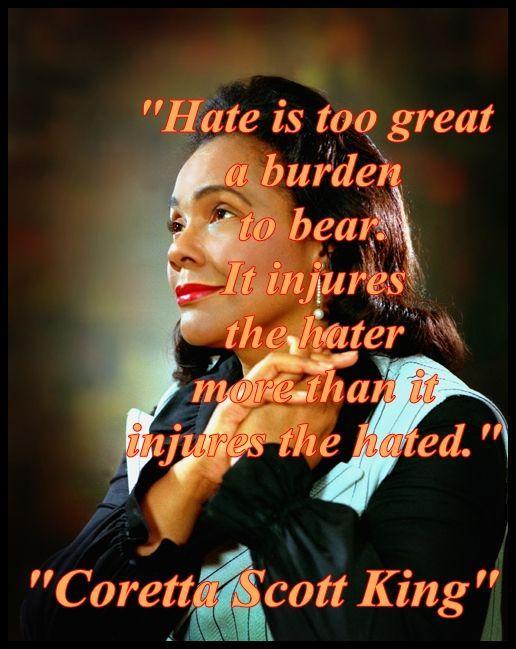
Hate is too great a burden to bear. It injures the hater more than it injures the hated
Coretta Scott King, the wife of civil rights leader Martin Luther King Jr., once said, “Hate is too great a burden to bear. It injures the hater more than it injures the hated.” These words hold a profound truth that resonates with the struggles faced by those who have experienced discrimination, prejudice, and injustice. King’s message serves as a powerful reminder of the destructive nature of hate and the importance of choosing love and compassion over bitterness and resentment.In the context of Coretta Scott King’s words, it is evident that hate not only harms the individual who harbors it but also perpetuates a cycle of violence and oppression. When someone holds onto hate, it consumes their thoughts and emotions, leading to feelings of anger, resentment, and bitterness. This negativity can manifest in physical and mental health issues, as well as impact relationships and overall well-being. The hater becomes trapped in a cycle of negativity, unable to move forward or find peace.
Moreover, hate has a ripple effect that extends beyond the individual to the community and society at large. When hate is allowed to fester, it can lead to acts of violence, discrimination, and injustice. It divides people, perpetuates stereotypes, and undermines the values of equality and justice. Hate breeds fear and mistrust, creating barriers to understanding and empathy.
On the other hand, choosing love and compassion over hate can break this cycle of negativity and promote healing and reconciliation. By practicing forgiveness and empathy, individuals can overcome the burden of hate and work towards building a more inclusive and just society. Love has the power to unite people, inspire change, and create a sense of belonging and connection.
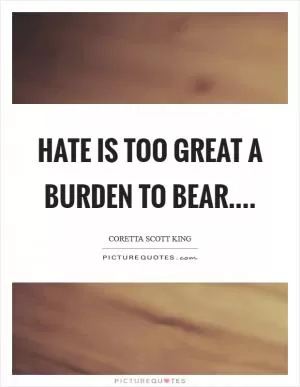
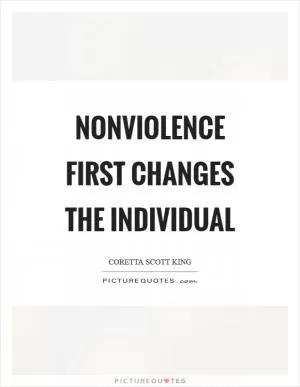
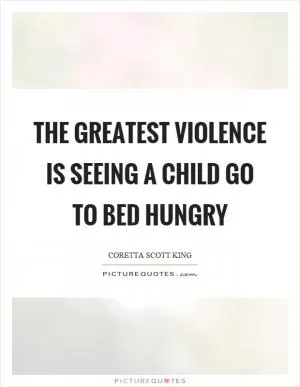
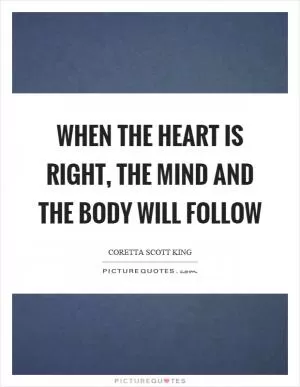
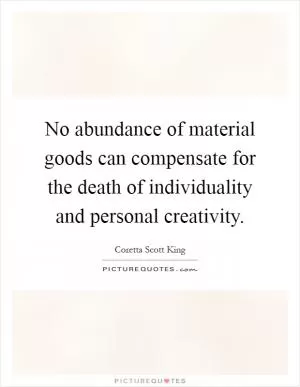
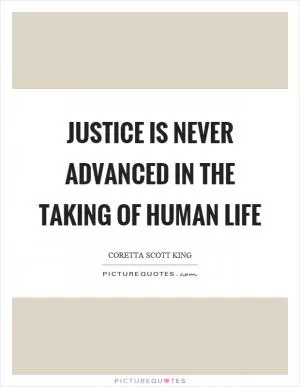
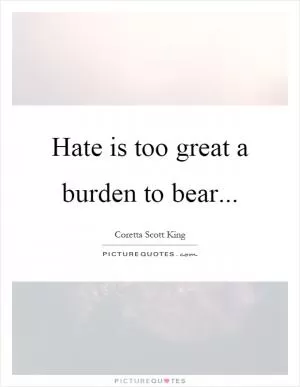
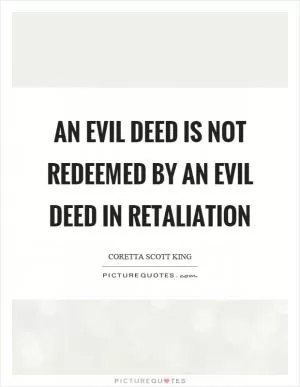

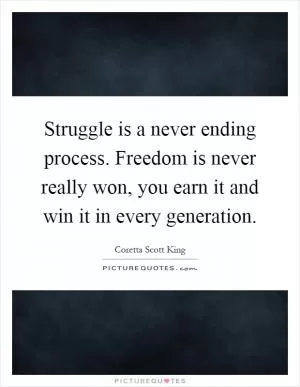
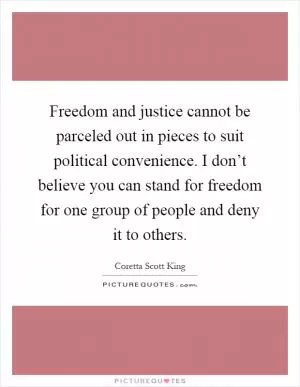
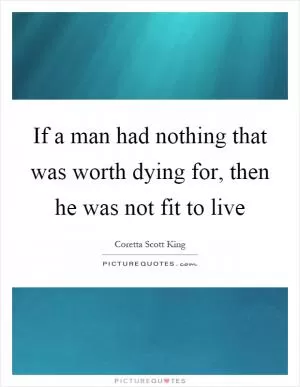
 Friendship Quotes
Friendship Quotes Love Quotes
Love Quotes Life Quotes
Life Quotes Funny Quotes
Funny Quotes Motivational Quotes
Motivational Quotes Inspirational Quotes
Inspirational Quotes